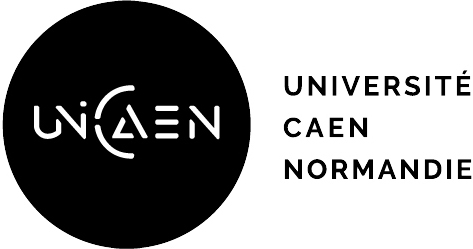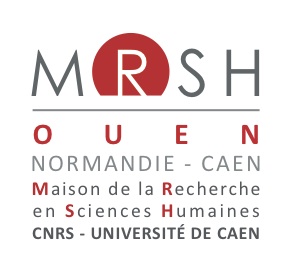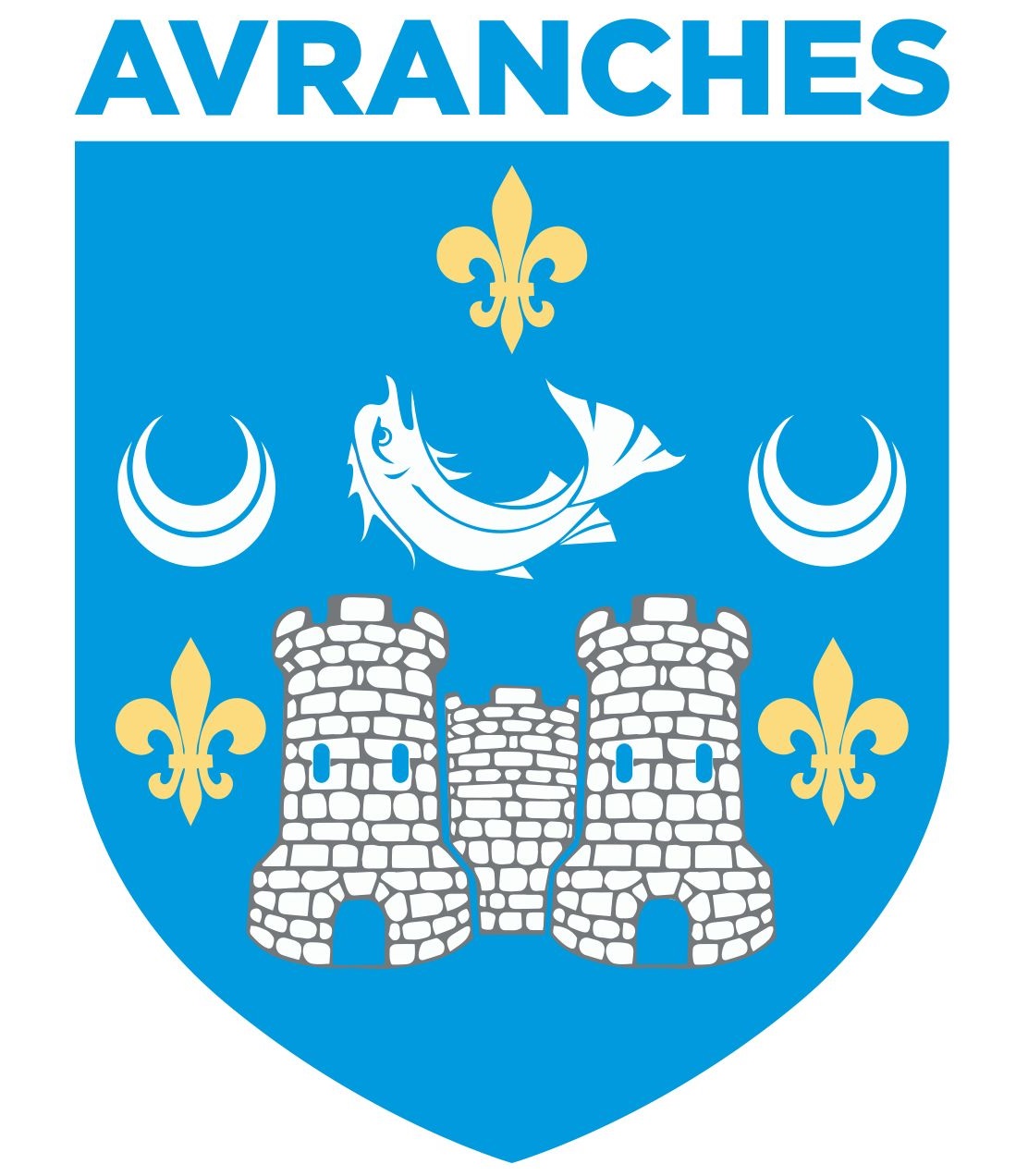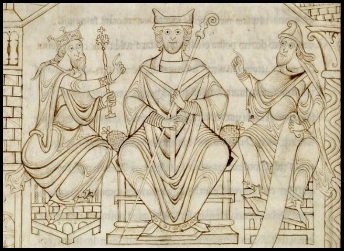1. In the historian's workshop: tools and sources indispensable for controlling time and writing history
« Si l’historien de l’Antiquité classique avait mis tout son soin à donner un récit bien écrit et bien construit où apparût l’enchaînement des causes, celui du Moyen Âge eut pour premier souci de situer les événements dans le temps. L’historiographie médiévale est d’abord marquée par l’obsession de la date. Son plus grand mérite est assurément la conquête du temps et, tout en disant les murs auxquels celle-ci s’est heurtée, il convient de ne pas sous-estimer les succès auxquels elle a abouti ». These words of Bernard Guenée (1927-2010), taken from his reference book Histoire et culture historique dans l’Occident médiéval (1980), can serve as an introduction to the first axis of this symposium, where we will enter in the workshop of Norman historians to study the tools and sources used by them to "control time", in a resolutely methodological approach. Powerful catalogs, Easter tables, obituaries and archives, in particular, have often been indispensable instruments for medieval chroniclers and chronographs.
We can question the methods of some historians whose works have largely forged our conceptions of the history of the Principality, such as Dudon de Saint-Quentin (10th-11th centuries), Guillaume de Jumièges (11th century), Orderic Vital (12th century) and Robert de Torigny (12th century), but also those of others partly neglected until then, such as Pierre Cochon (15th century) or François Carré (16th century). We will not either neglect those remained anonymous and we can extend the reflection until the “Mauriste period” (17th and 18th centuries). It will also be necessary to study the cases of Norman historians dealing with other regions than Normandy. The question of the inequality of historians with the materials at their disposal may also be asked: the funds of libraries are largely unequal and some institutions, especially monastic, have developed more advanced exchange systems than other. In other words: are there places more favorable than others to the emergence of historians? Or are historians the funders of centers of historical production?
2. Write, rewrite, compile, translate: the author's part?
In her work Écriture et réécriture hagiographiques (2005), Monique Goullet studied the mechanisms of rewriting the lives of saints in the medieval Latin West Europe from the 8th to the 13th century. Since history and hagiography were not two literary genres clearly differentiated in the Middle Ages - many medieval historians were also hagiographers - historical works may lend themselves to similar studies. It will analyze the choices of historians, which can be made in the nature of the work (chronic, biography, history, poetry, travel story...), in words and style, in the language of writing, etc. Since each writing of history is a reinterpretation of the past and/or already written facts, to be interested in the author's prism will also make it possible to better read some sources widely used by historians of the Normandy and for which a critical work has not always been undertaken (we will consider in particular some annals, chronicles and monastic stories, such as those of Le Bec and Le Mont Saint-Michel).
This axis could lead to the question of whether there existed, at certain times, one or more Norman, Anglo-Norman, Franco-Norman, Italonorman history schools. Moreover, although history is not a discipline of the liberal arts, it lent itself to different forms of school exercises, affecting either literature (grammar, versification, rhetoric) or comput (annals and chronicles). We will therefore be interested in the question of the teaching of history, as well as the role of history in the transmission of historical works.
3. Read medieval and modern historians today
In recent years, our approach to medieval and modern historians has drasticly changed, not only from a theoretical but also a technical point of view. We can question the new approaches of the texts and their epistemological consequences: the digital tools provide in particular new keys of reading (edition in xml, creation of corpus by means of databases, access to the digital reproductions of original documents, creation of virtual libraries, emergence of new perspectives on manuscripts such as the Himanis project led by the IRHT, etc.). In particular, they promote an indispensable and beneficial "retour aux sources".
At the crossroads of historical and philological studies, this axis can also be cross-cutting with issues mentioned elsewhere.
















